Epic Games vs. Google Court Ruling: A Landmark Decision Reshaping the App Economy

The legal battle between Google and Epic Games (Epic) ended with Judge James Donato's final ruling in one of the most significant cases that could reshape the app economy. Epic initiated the case in 2020 against Google for running an illegal app store monopoly, which revealed secret revenue-sharing deals that Google made with smartphone makers and game-developing companies.
Before discussing Judge Donato's decision, let's go back to the beginning and clarify why Epic started this battle and what arguments both sides had during this process.
The Beginning - Google Blocked Fortnite
To understand why Epic, one of the world's biggest game-developing companies, decided to submit a lawsuit against Google, we must step back to Google's decision to block Fortnite on the Google Play Store. Epic made a revolutionary decision in 2018 to launch Fortnite on its website instead of offering it through Google and the Apple app store.
Later in 2020, Epic made Fortnite available through Google and Apple app stores, but it added a payment solution for Fortnite players to make payments directly to Epic. In contrast, Google demands that game developers use Google's payment processing service, which, in this case, is 20% more expensive than those provided by Epic. Stating that Epic's practice violates its consumers’ privacy and security policies, Google blocked Fortnite from its app store.
Affected by Google's decision, Epic sued Google in 2020 for unlawful monopolization and anti-competitive restraints regarding the distribution of mobile apps to Android users and payment processing for digital content within the Android mobile apps.
In its lawsuit, Epic did not ask for monetary compensation but requested that Google allow developers to introduce their app stores and billing systems on Android freely.
The 2023 Verdict In Epic v. Google Case
Three years after Epic submitted the lawsuit, the jury unanimously decided that Google had established an illegal monopoly through its Google Play app store and Google Play Billing services. Furthermore, the details about the so-called Project Hug were revealed. The evidence showed that Google paid hundreds of millions of dollars to game developers to keep their games on Google Play exclusively or to publish them first on the Play Store.
Additionally, the evidence showed that Google incentivized other hardware companies and Android phone makers not to develop competing app stores. As if this was not bad enough for Google, the jury also determined that it further strengthened its monopolistic position by requiring that Google Play Store be pre-installed on third-party Android hardware, like Samsung mobile phones.
Under the 2023 Verdict, the jury scheduled remedy-deciding hearings for 2024.
Proposed Remedies And Final Ruling
In April this year, Epic submitted a 16-page document with proposed remedies to open up competition in the Android app distribution and in-app payment solution markets. In summary, Epic requested that the Court prohibit Google from entering into any “not to compete” agreements, such as placement and pre-installation terms for third-party app stores, agreements with actual and potential competing distributors, and exclusivity agreements that require or incentivize the distribution of any Android app exclusively on the Google Play Store.
Epic also requested that information about the out-of-app purchasing option be freely available and that Google refrain from discriminatory payment solutions practices.
Additionally, Epic requested that a Compliance Committee and Retention Compliance Officer be established to supervise the jury's decision. Finally, Epic's proposed remedies included an anti-retaliation clause that stops Google from retaliating against Epic or its affiliates.
In its final ruling, Judge Donato ordered that Google cannot prohibit using in-app payment methods from November 1, 2024, to November 1, 2027, and must enable users to download competing third-party Android app platforms or stores. Additionally, the ruling prohibits Google from entering into revenue-sharing agreements with any party that distributes or plans to launch Android apps, stores, or platforms.
Furthermore, Google must refrain from incentivizing developers to launch their apps on the Play Store or not to launch them on rival stores, and it must not offer mobile device makers and carriers financial or other benefits for pre-installing the Google Play Store.
In the end, Google has eight months to develop a system and establish a three-member Committee with Epic to settle any disputes related to the verdict.
What's Next For Google And Epic?
Guided by the positive outcome of this lawsuit, Epic already announced that it will sue Google again. This time, it will be a joint lawsuit against Google and Samsung for blocking competition to distribute apps on Samsung devices by implementing Samsung’s default-on Auto Blocker feature.
On the other hand, Google announced that it plans to appeal the Epic Games verdict, stating that this verdict will adversely affect American consumers, developers, and device makers. Google aims first to pause the implementation of changes requested by Epic and then use the Epic v. Google verdict to overturn this ruling.
Conclusion
App and game developers no longer have to utilize Google's payment system and can use alternative billing solutions, which should reduce fees for end users and increase revenue streams for developing companies.
The impact of this ruling will be seen in the following year. Still, it is expected to bring greater competition in the app economy, especially with the development of new app stores and payment options. Ultimately, this could be pivotal in reducing Google and Apple's market share and dominance.
Source: Epic Games - Free Fortnite, US District Court in California - Verdict Form, Epic’s Proposed Permanent Injunction, The Verge - Google must crack open Android for third-party stores, The Verge - Epic v. Google

Featured Insights
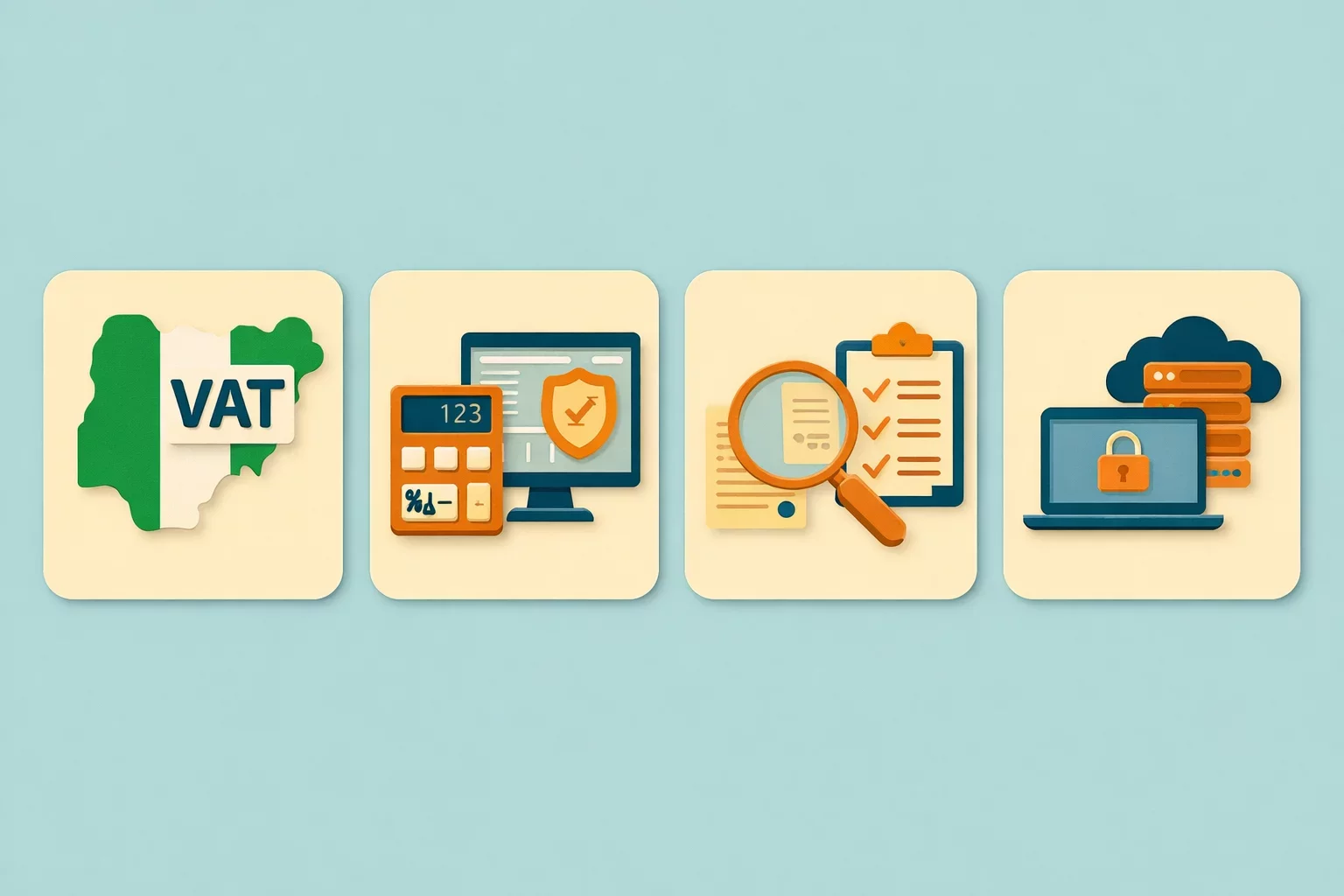
Nigeria VAT Compliance: TaxPro Max Explained
🕝 March 3, 2026More News from Americas
Get real-time updates and developments from around the world, keeping you informed and prepared.
-e9lcpxl5nq.webp)




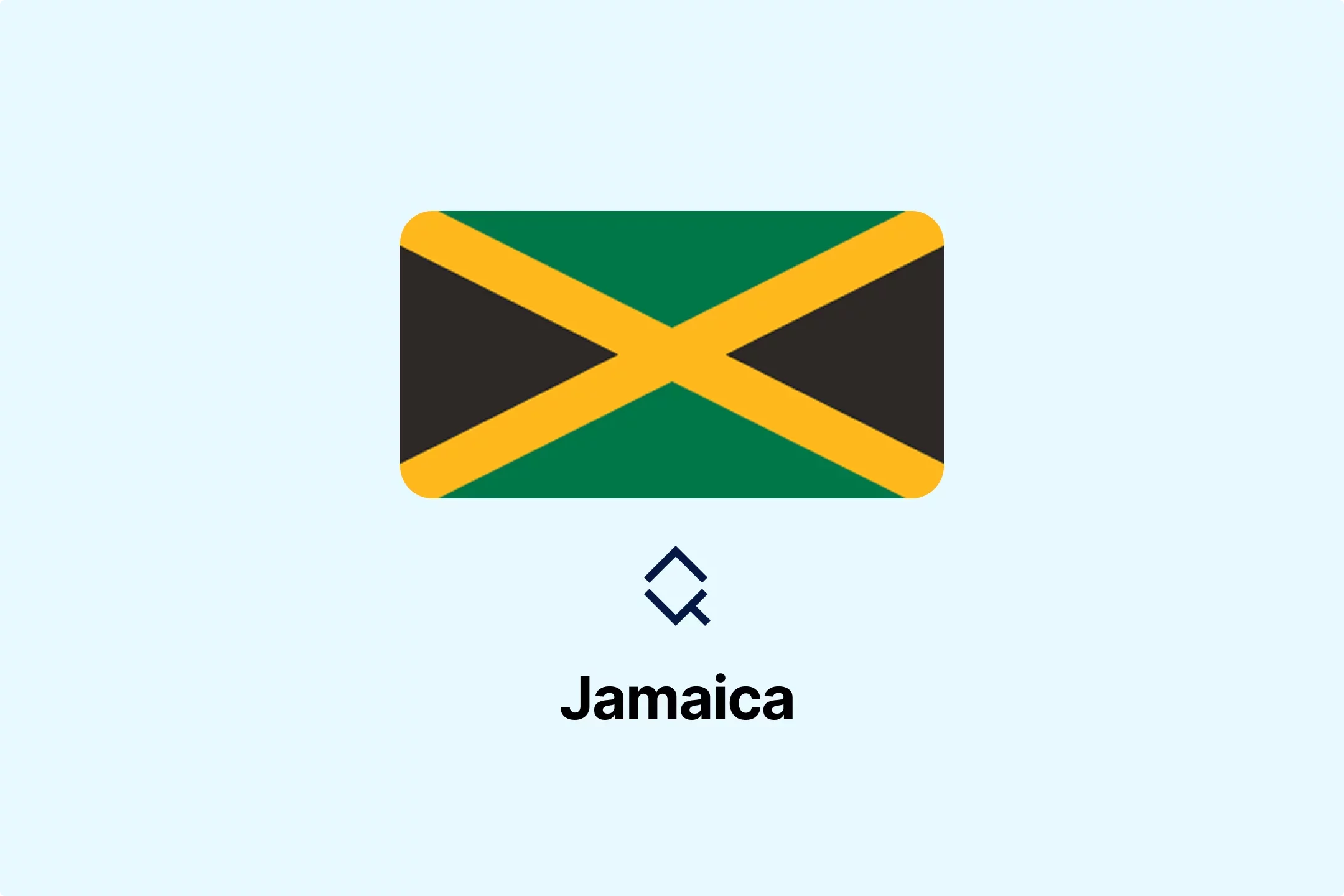
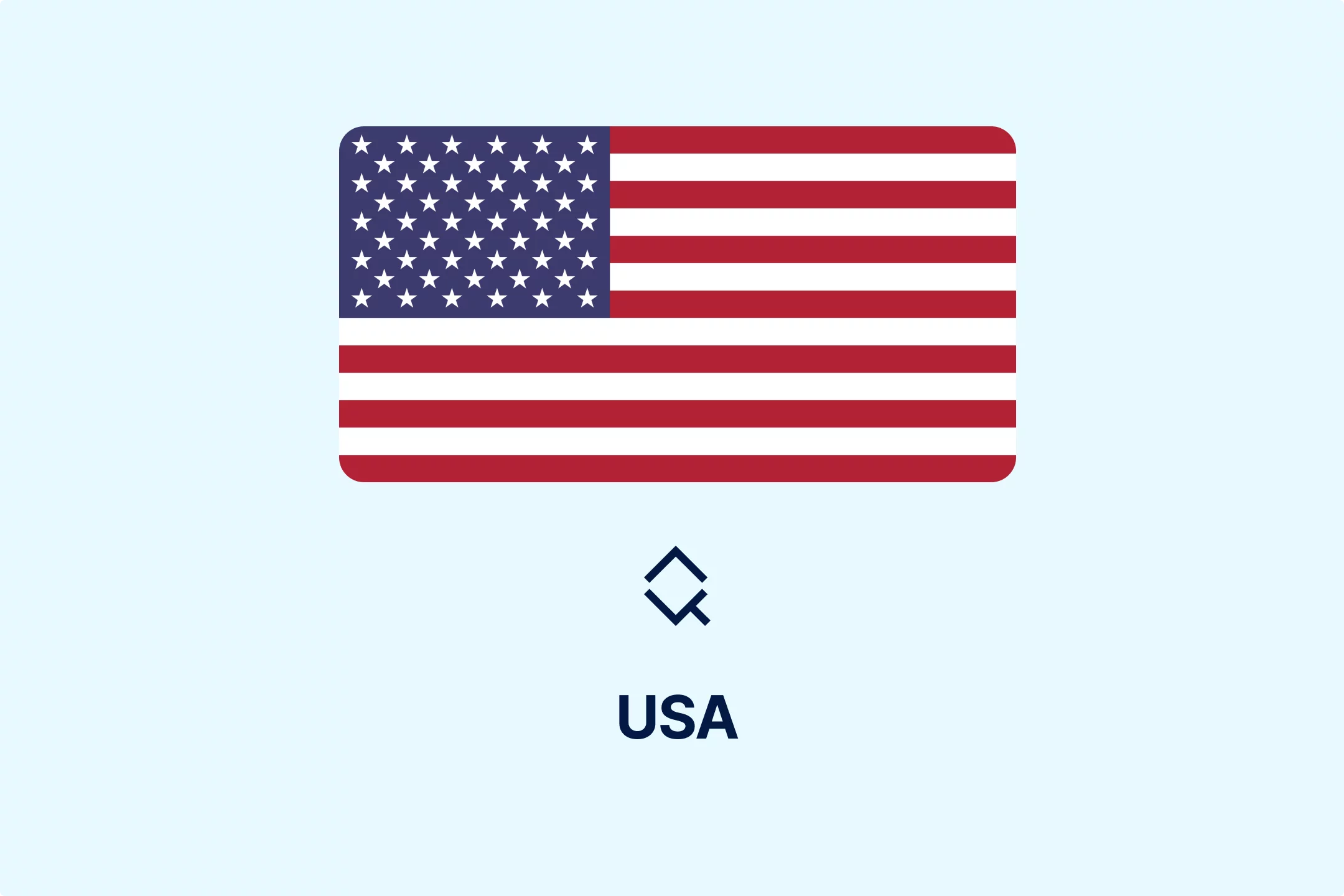
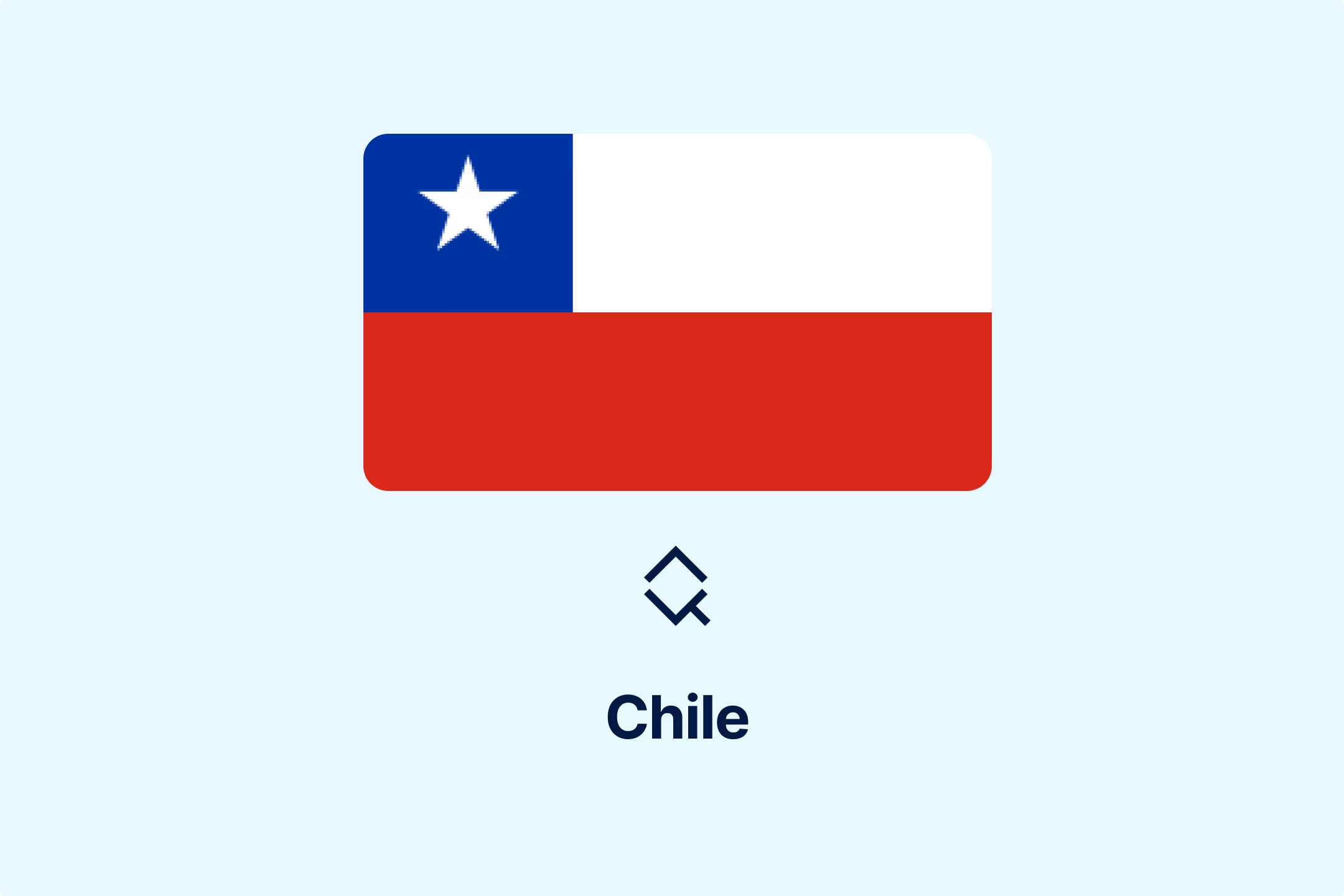
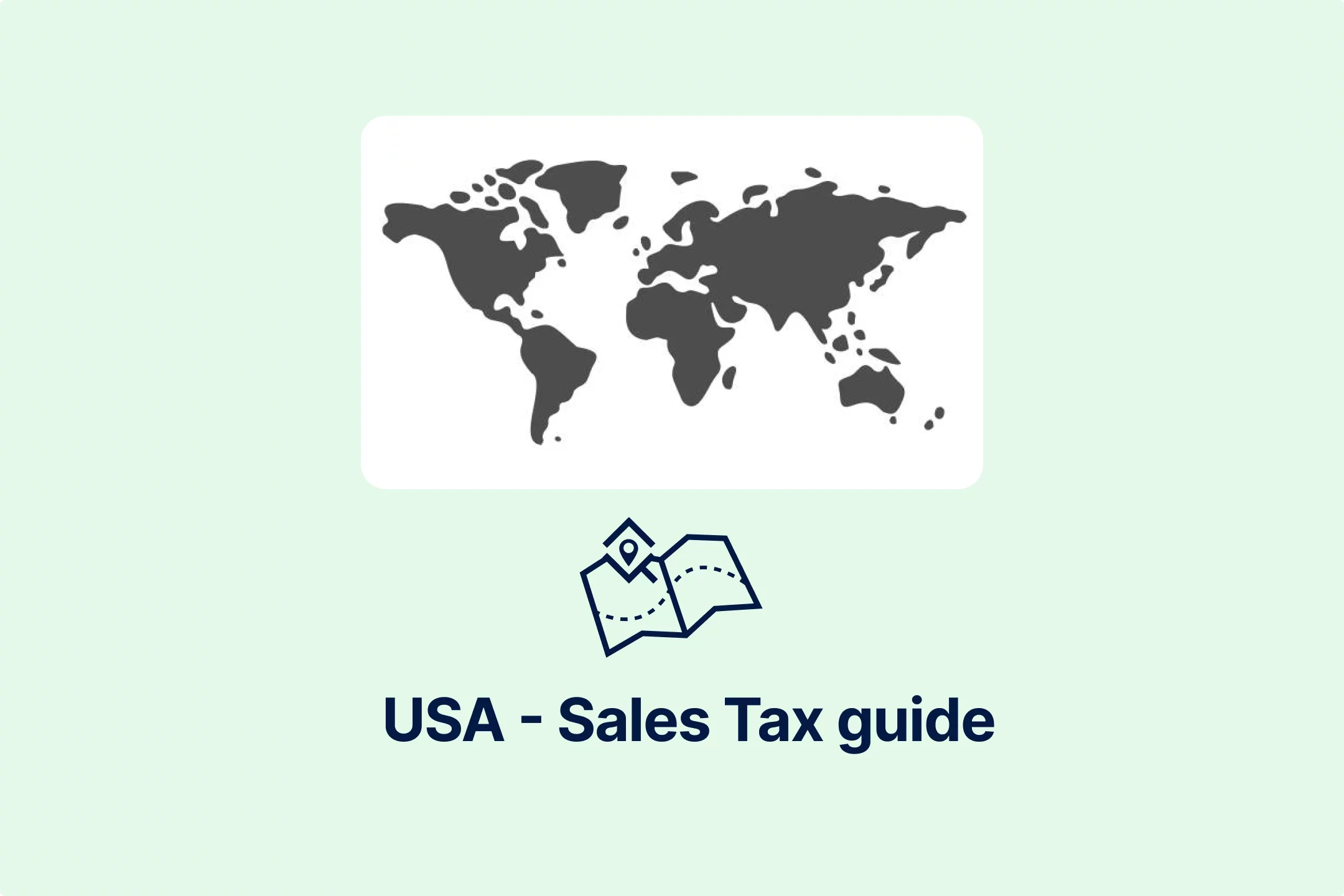
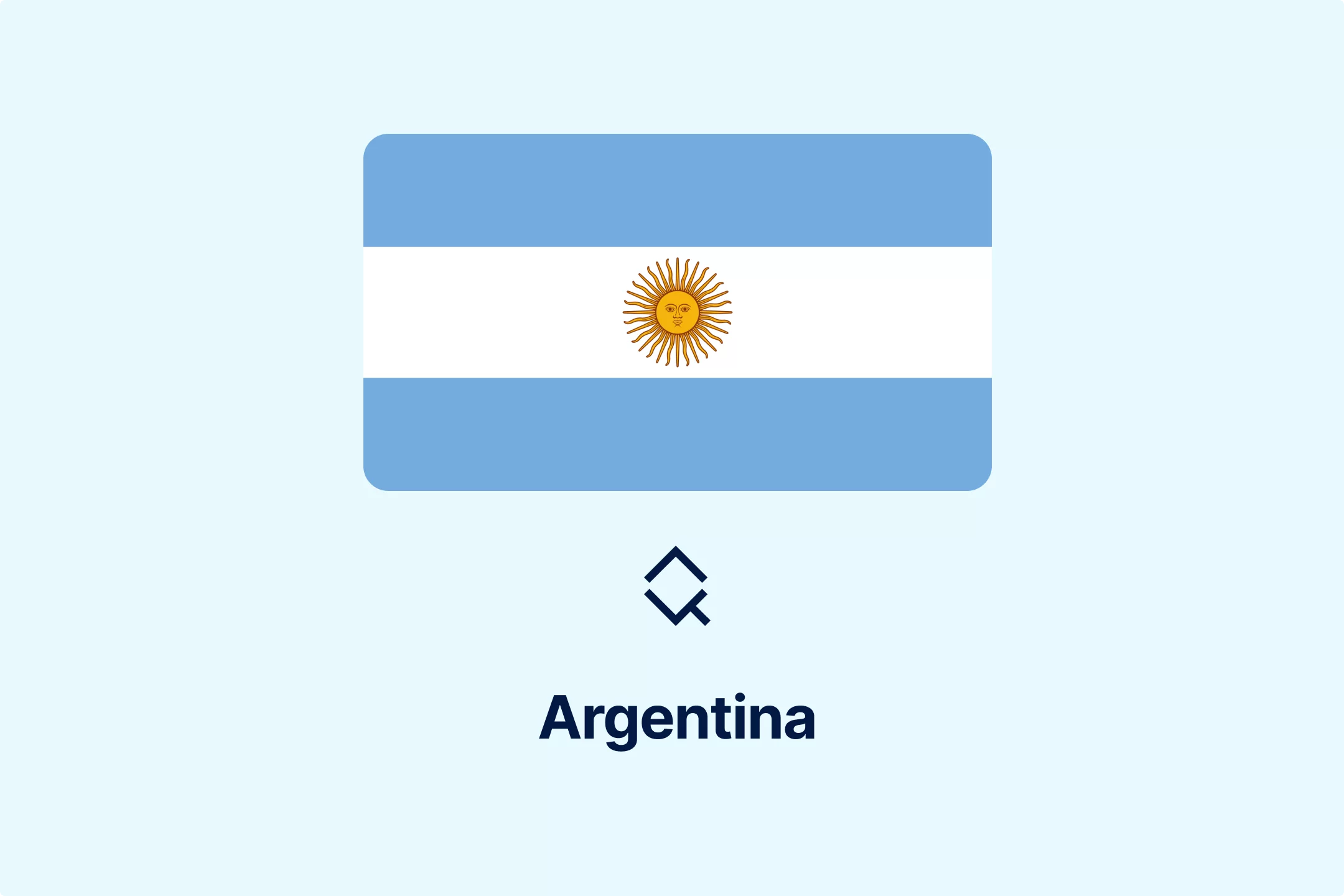
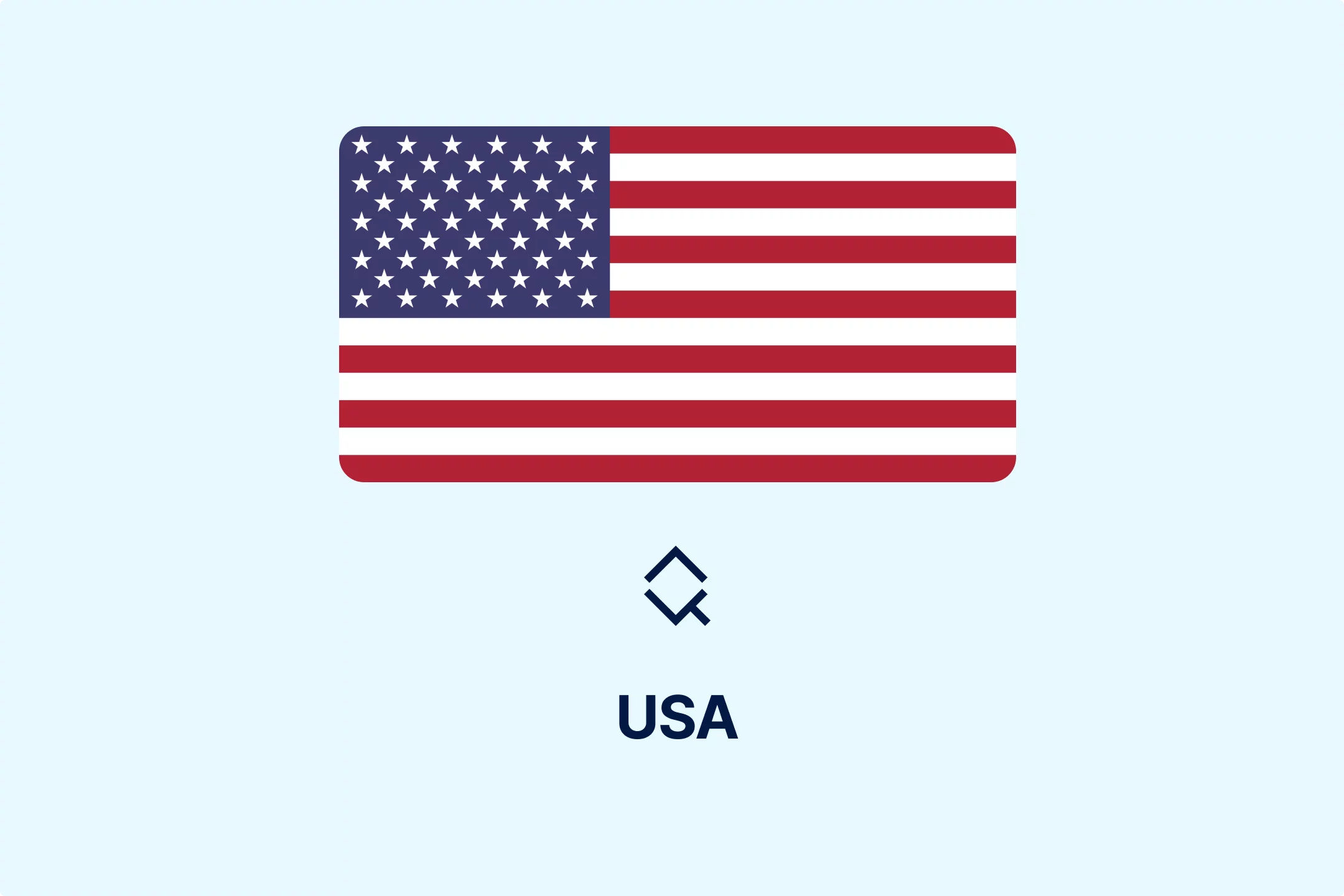
-fd4vrjrcmo.webp)



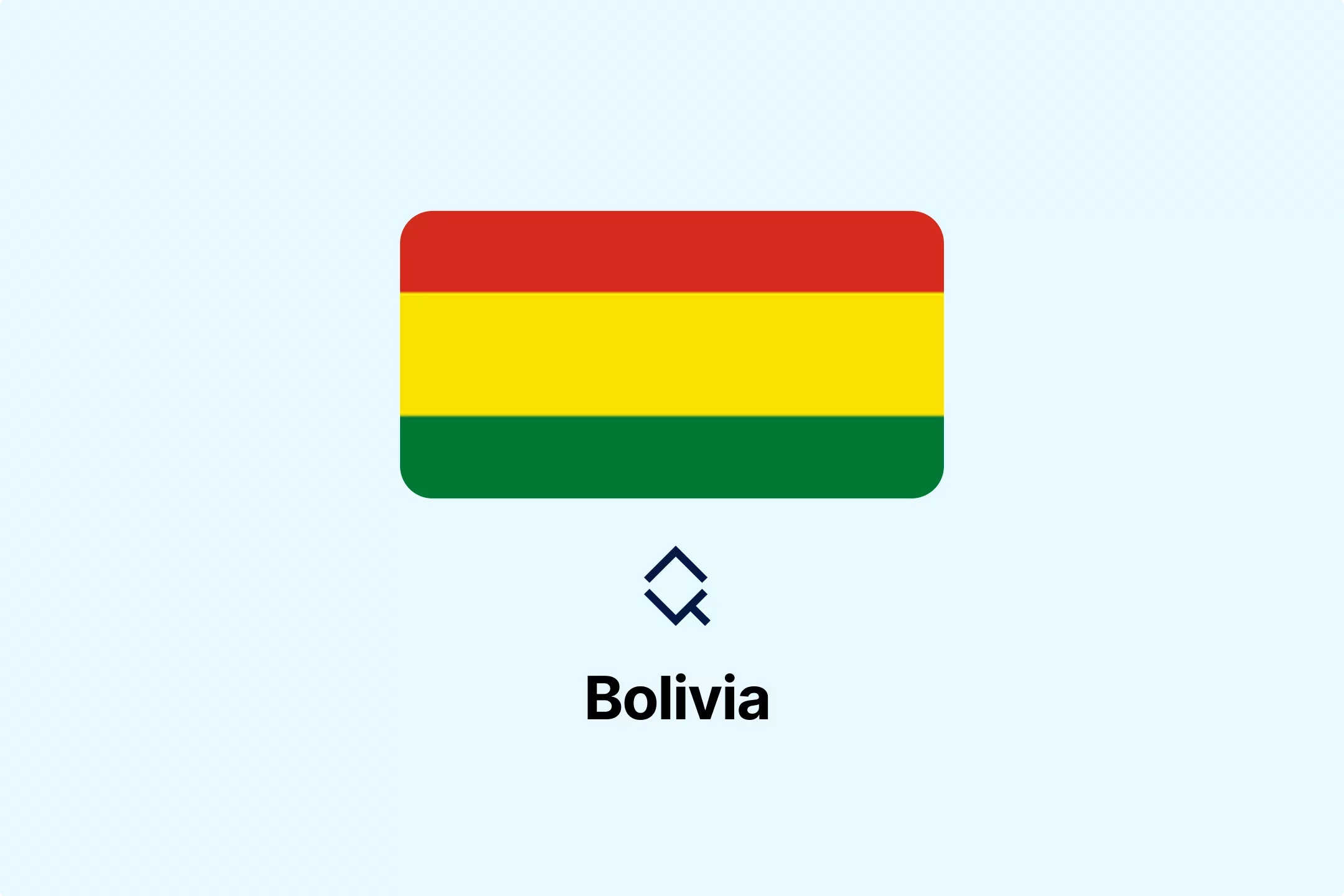

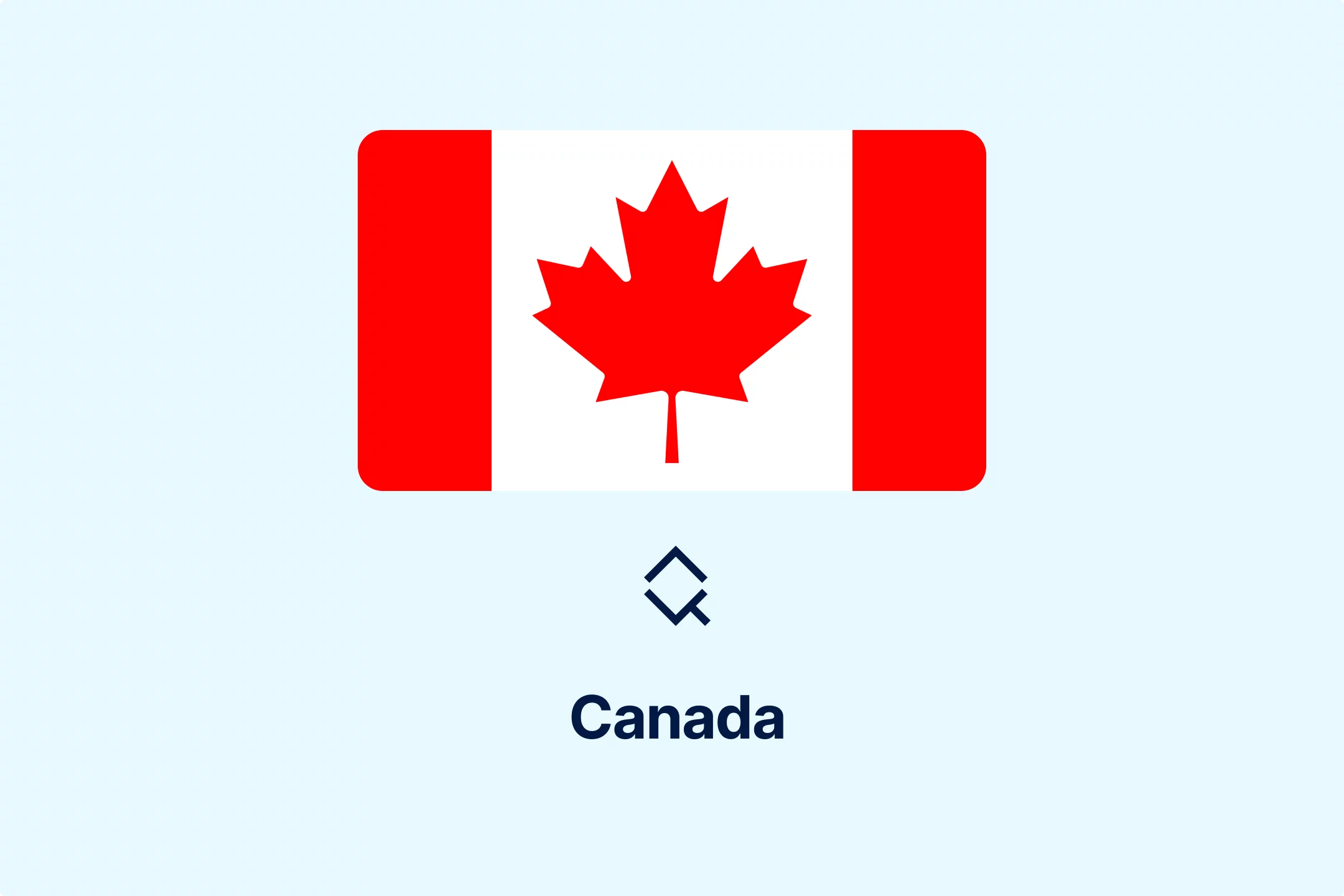





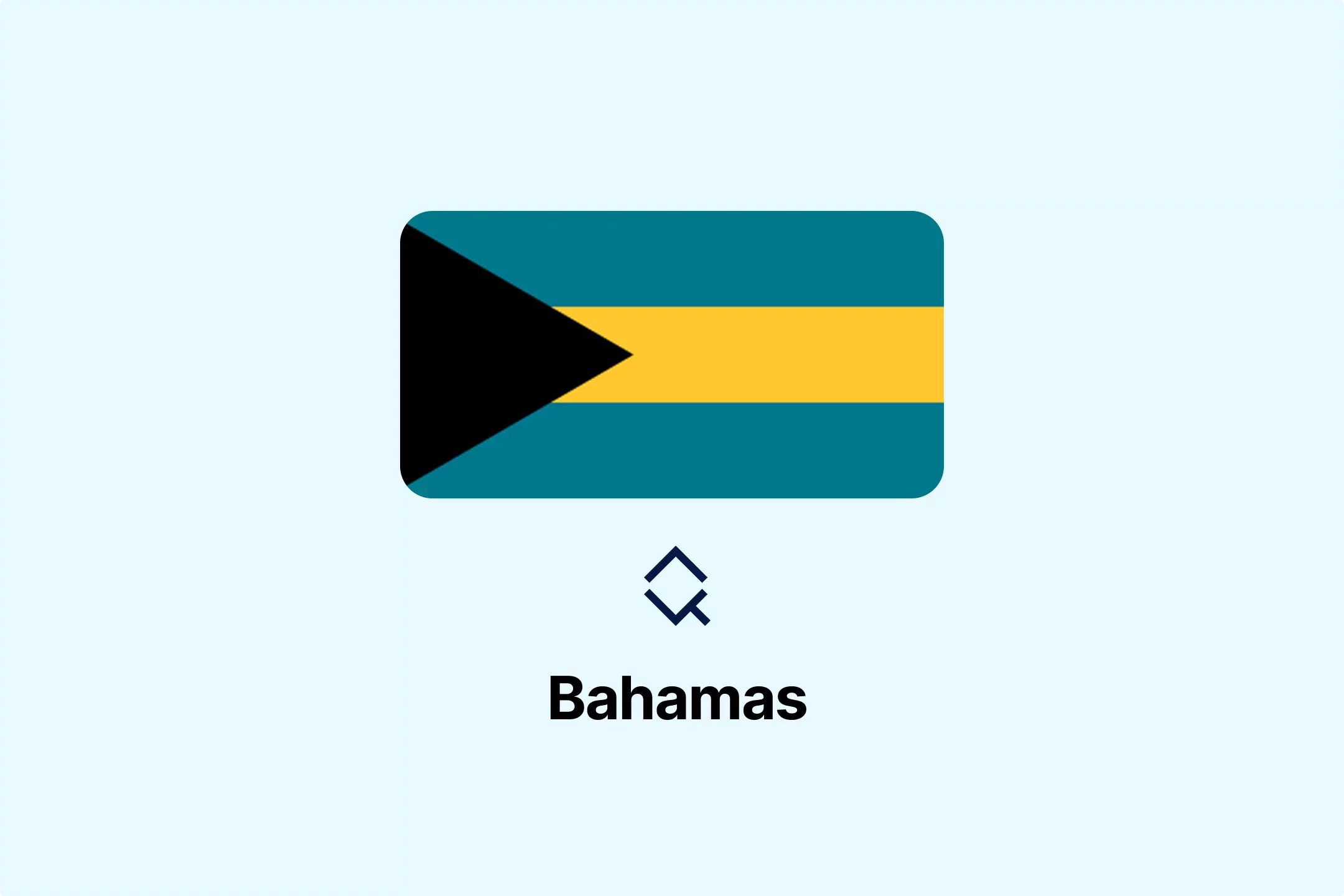



-qoqtiao7l2.webp)

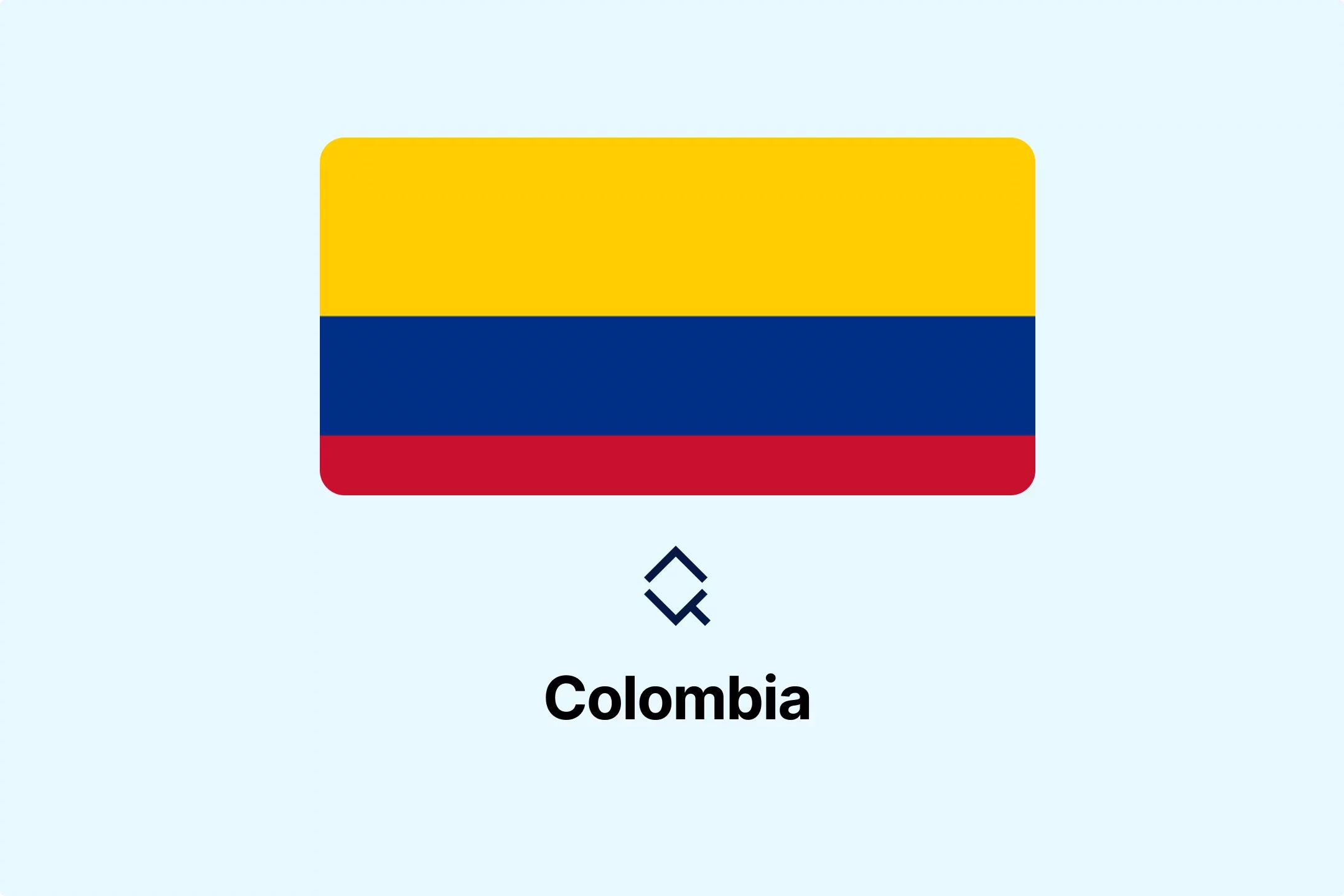
-pdupgqz2r8.webp)
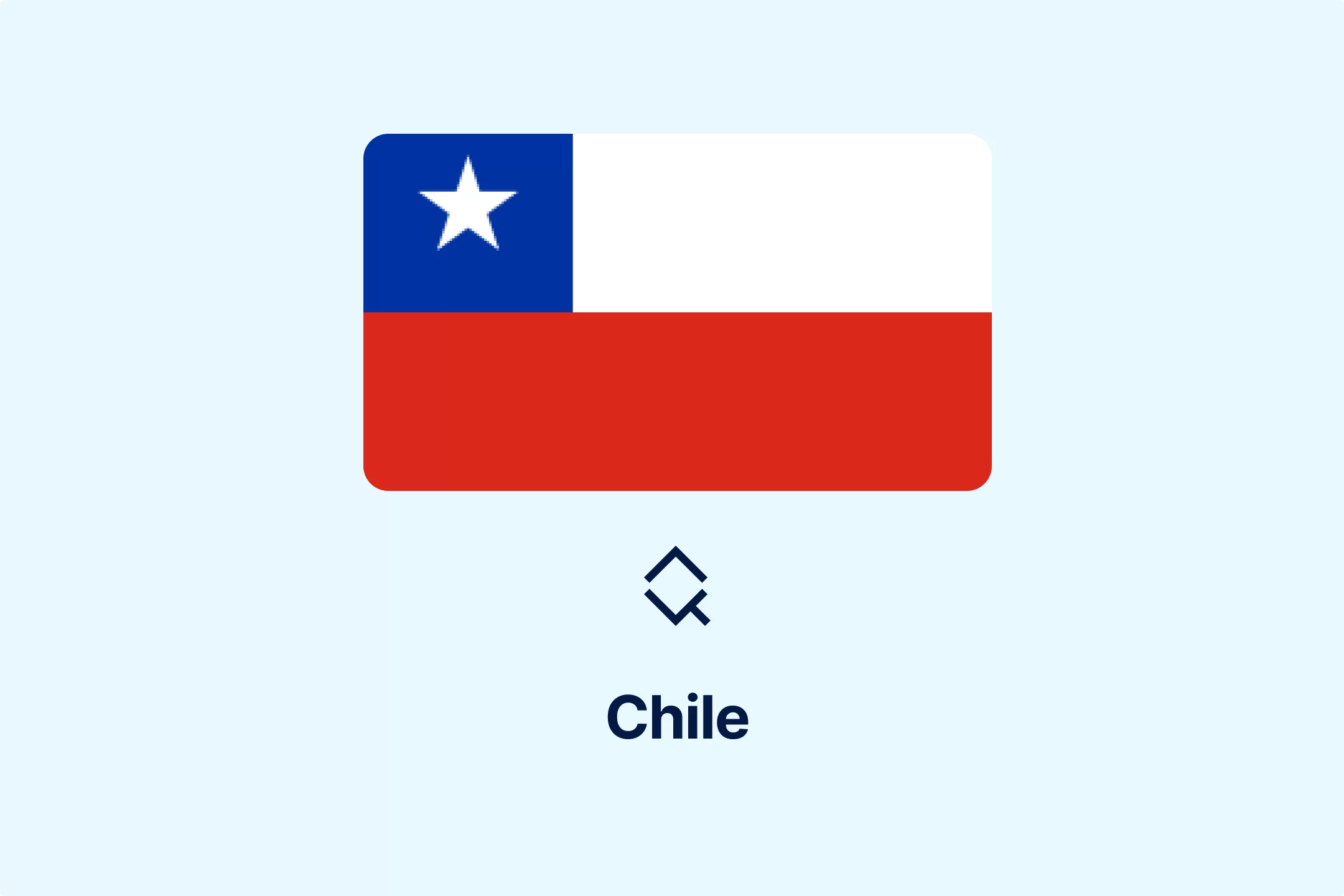
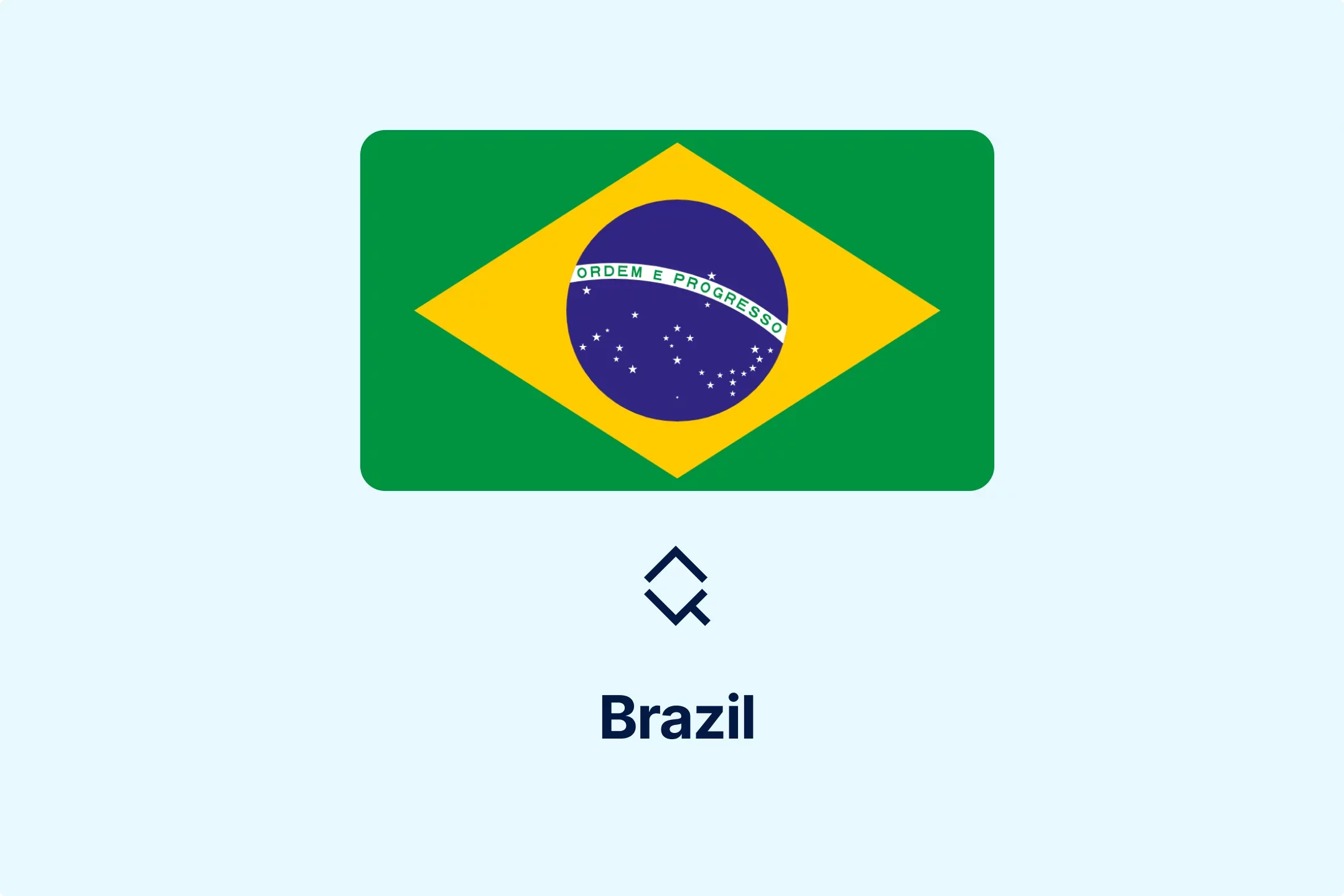




-o0xyg5unvs.webp)

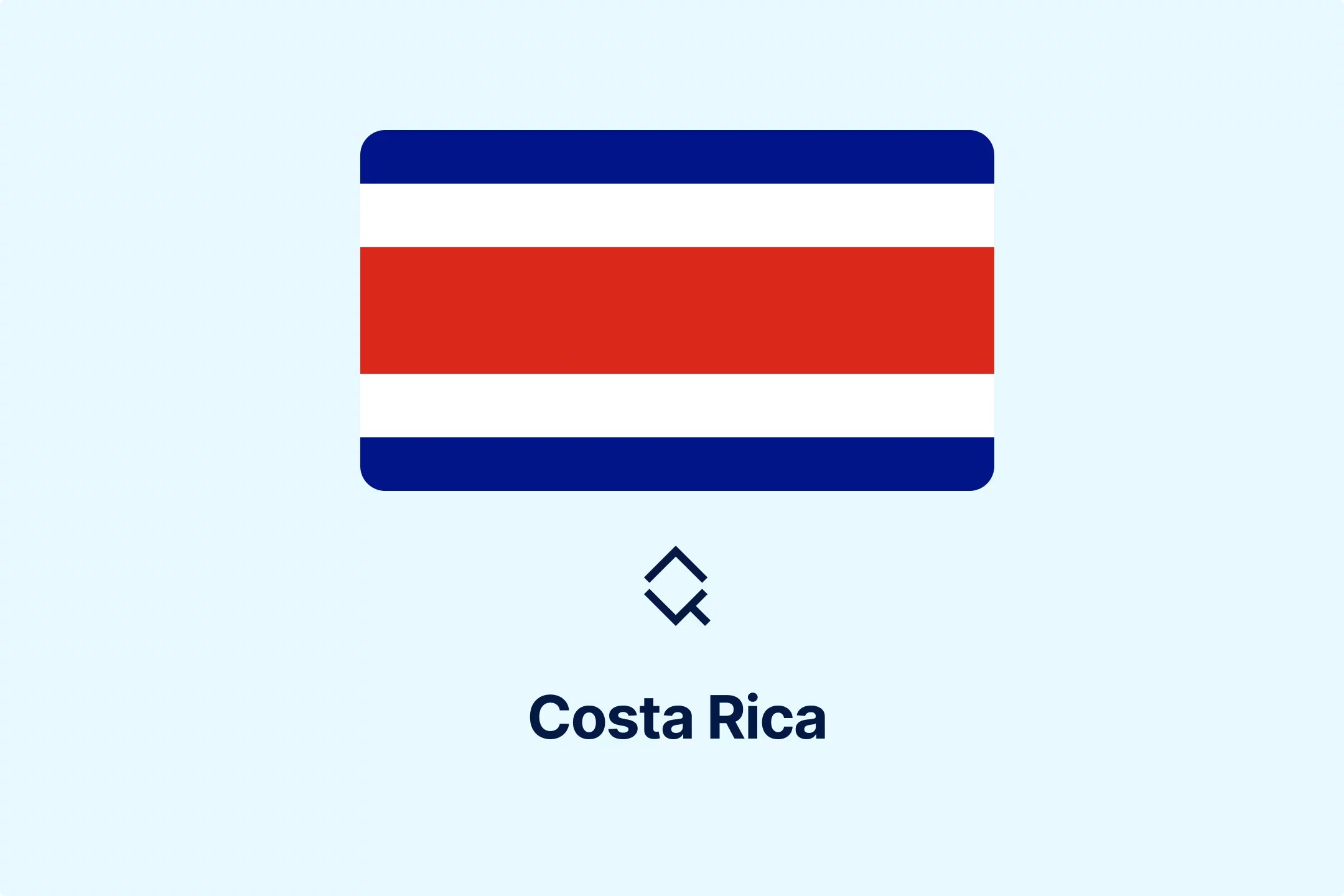
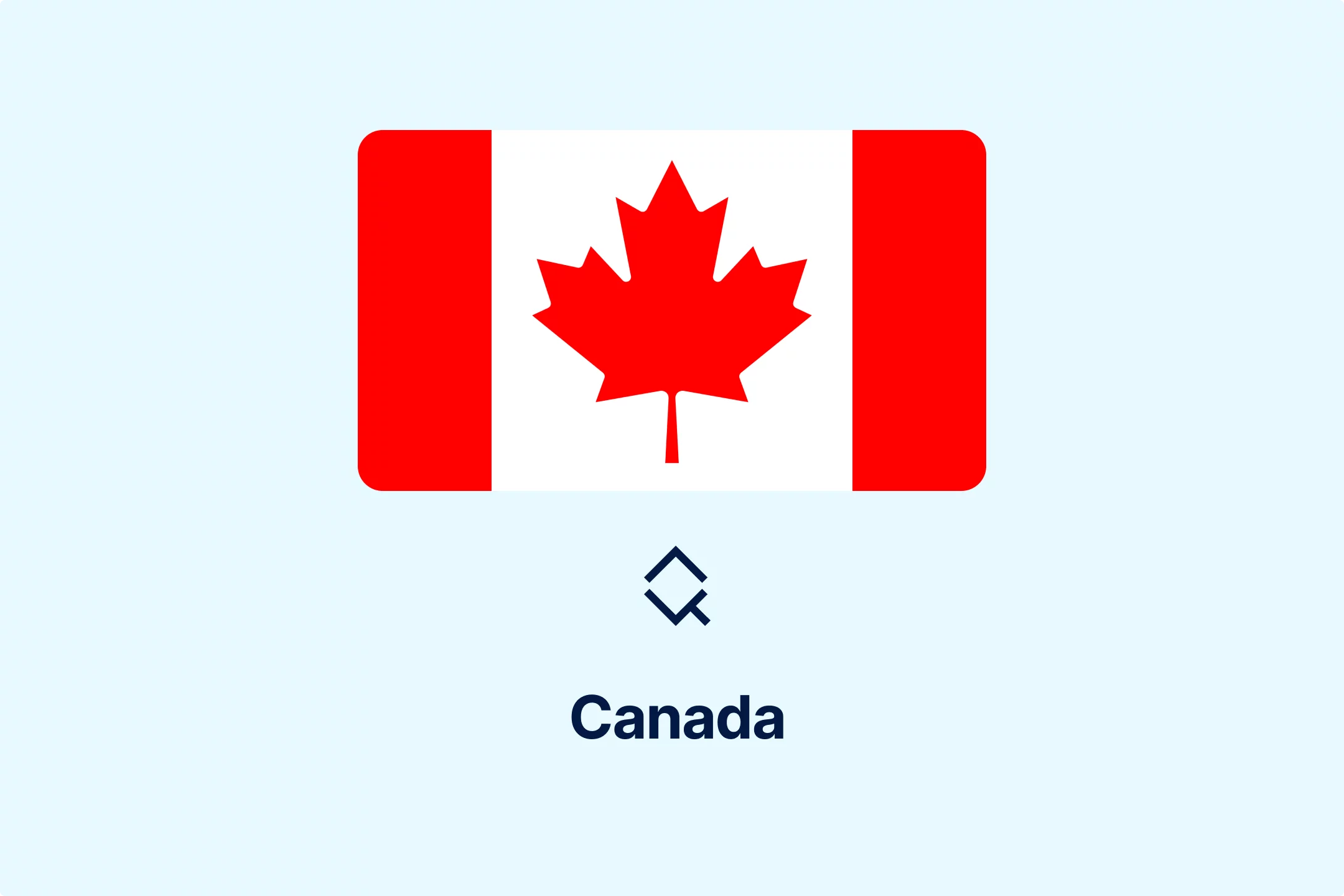
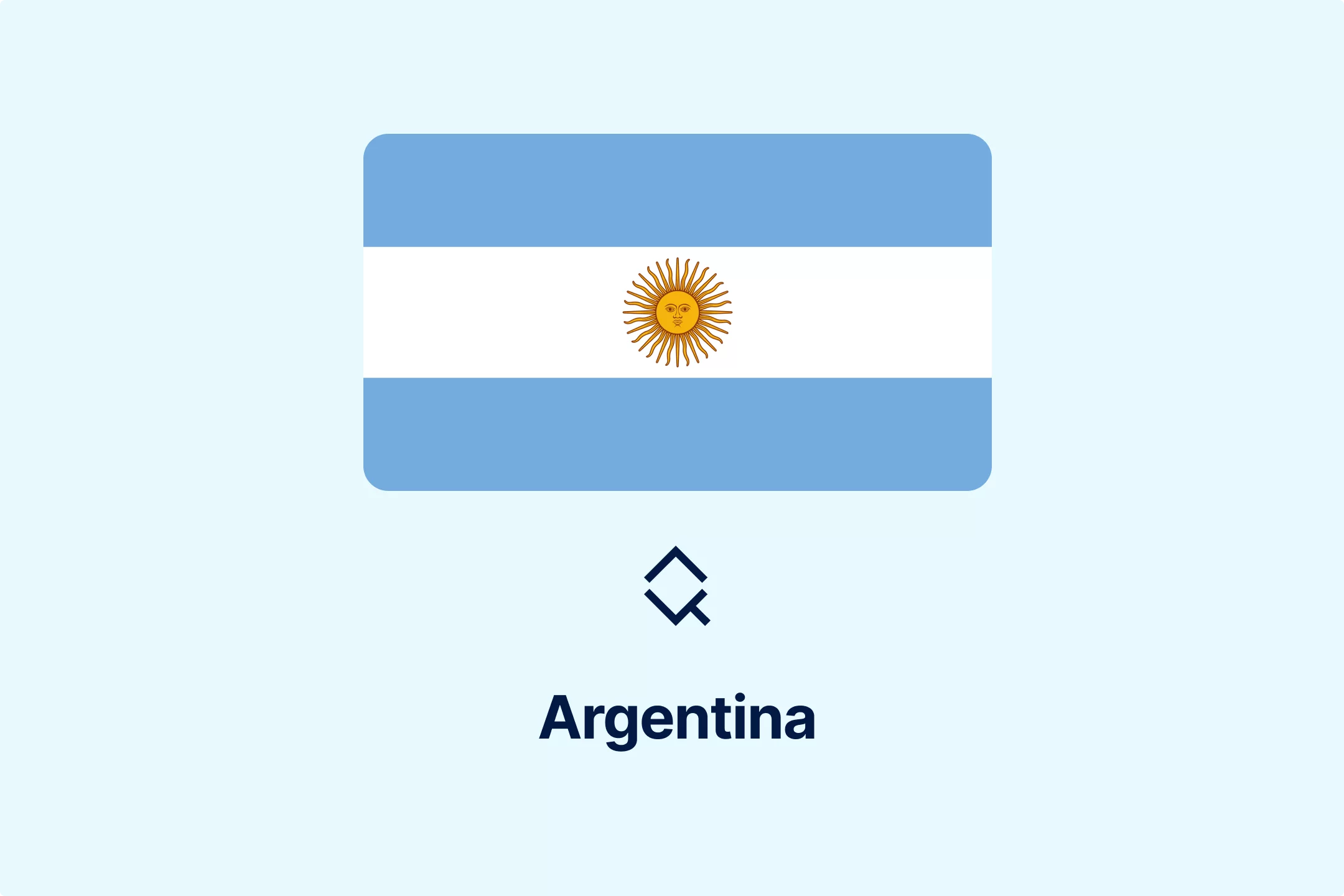



-sebuexzucq.webp)





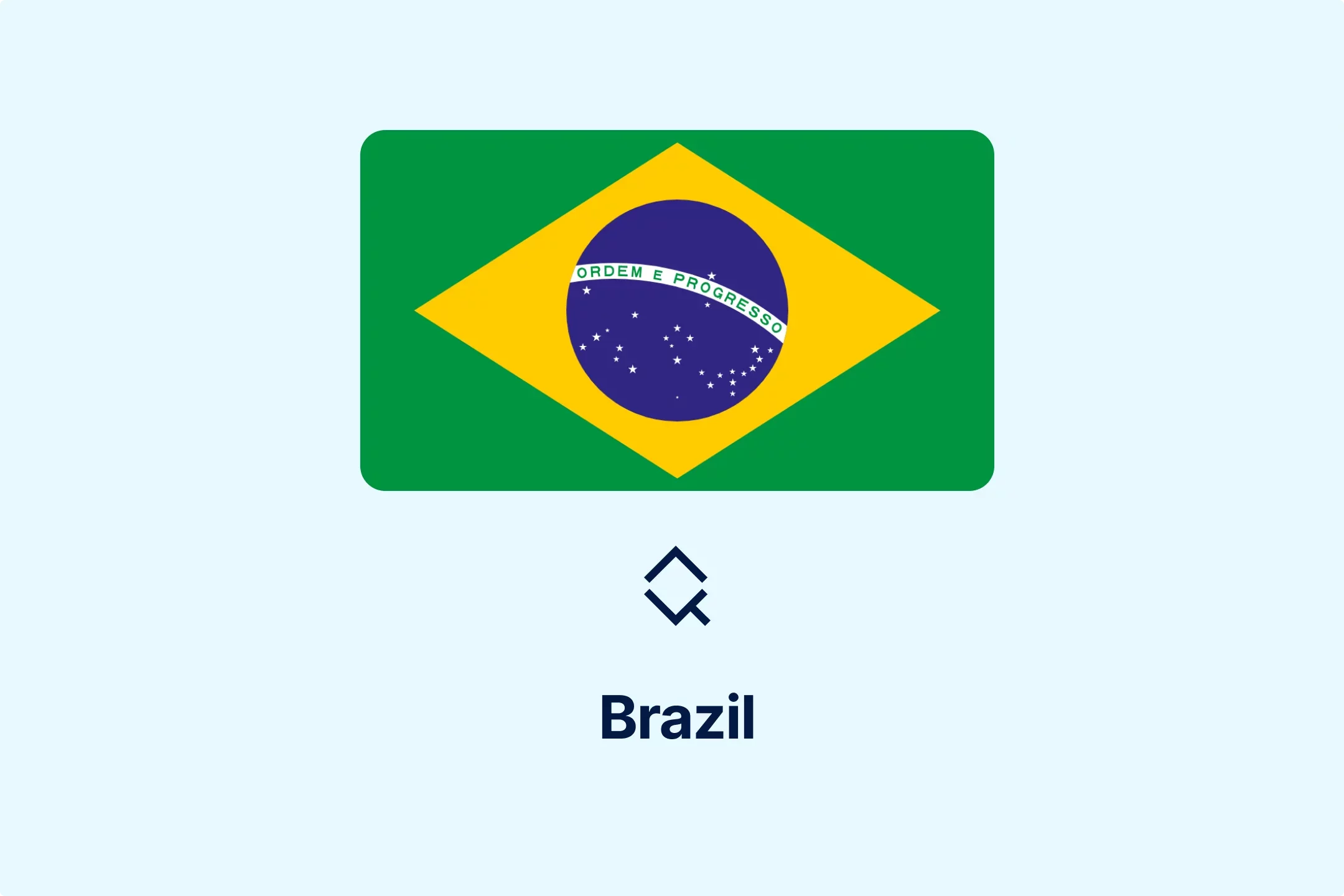

-sug7vykj81.webp)







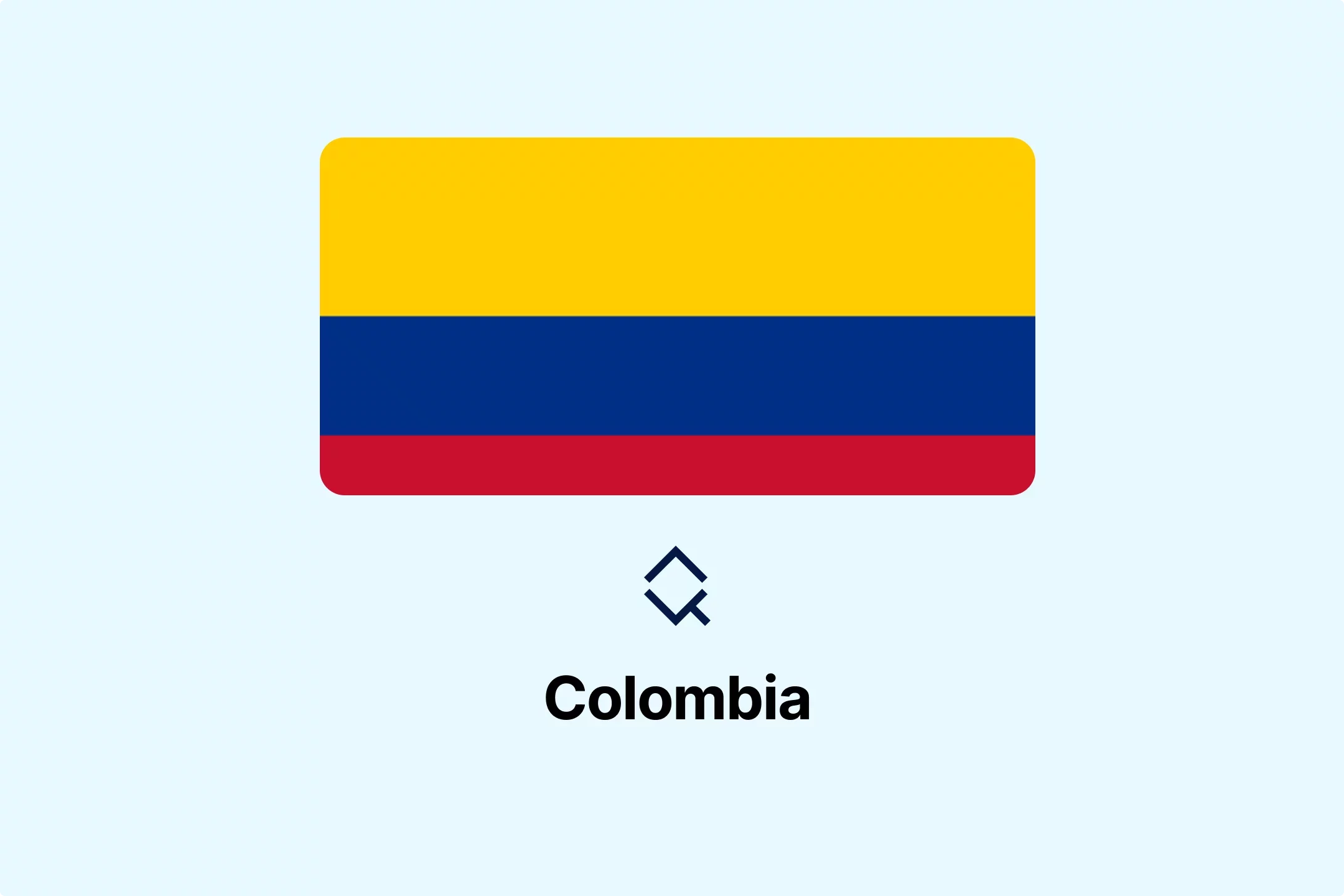
-gsvc6ack9u.webp)

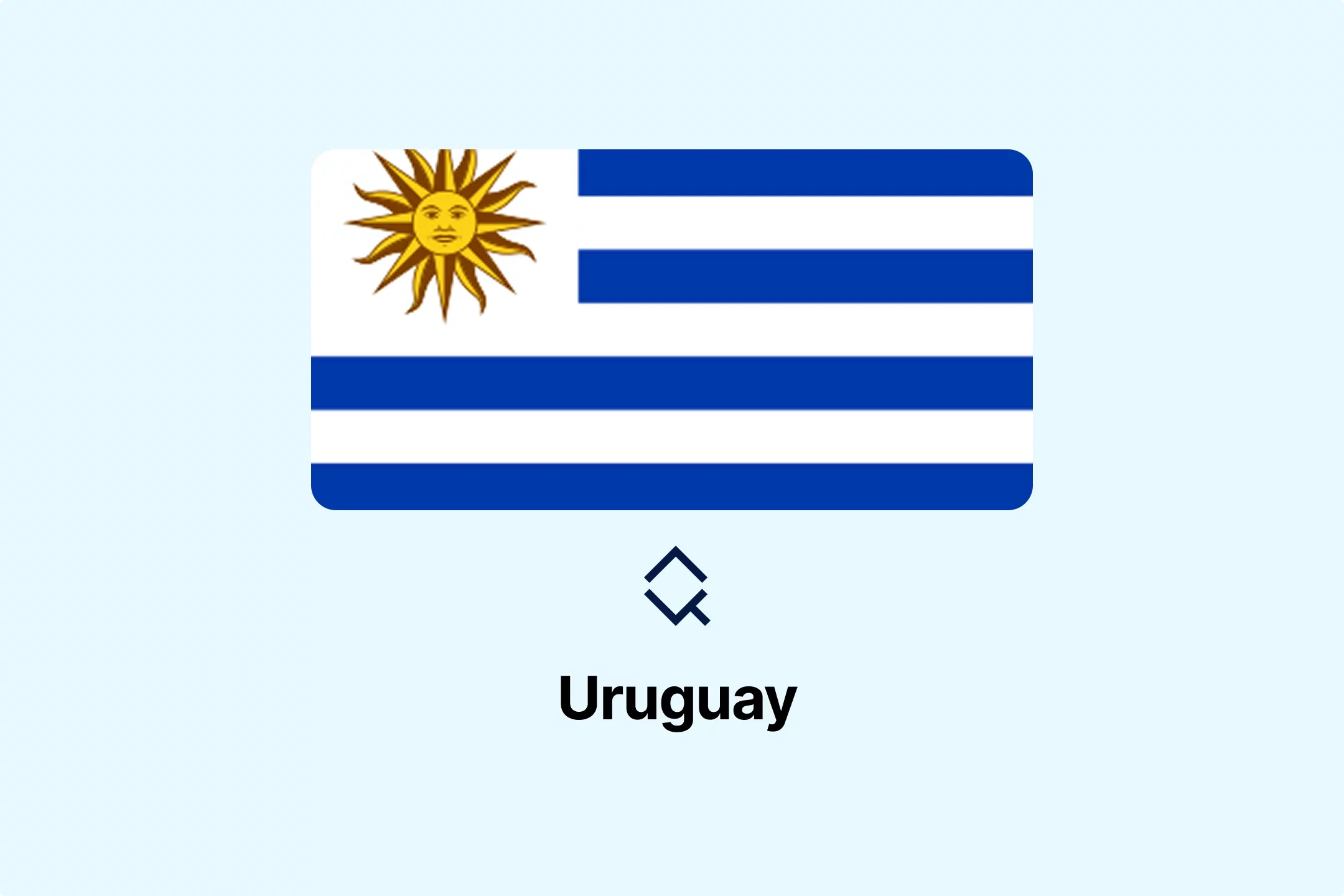


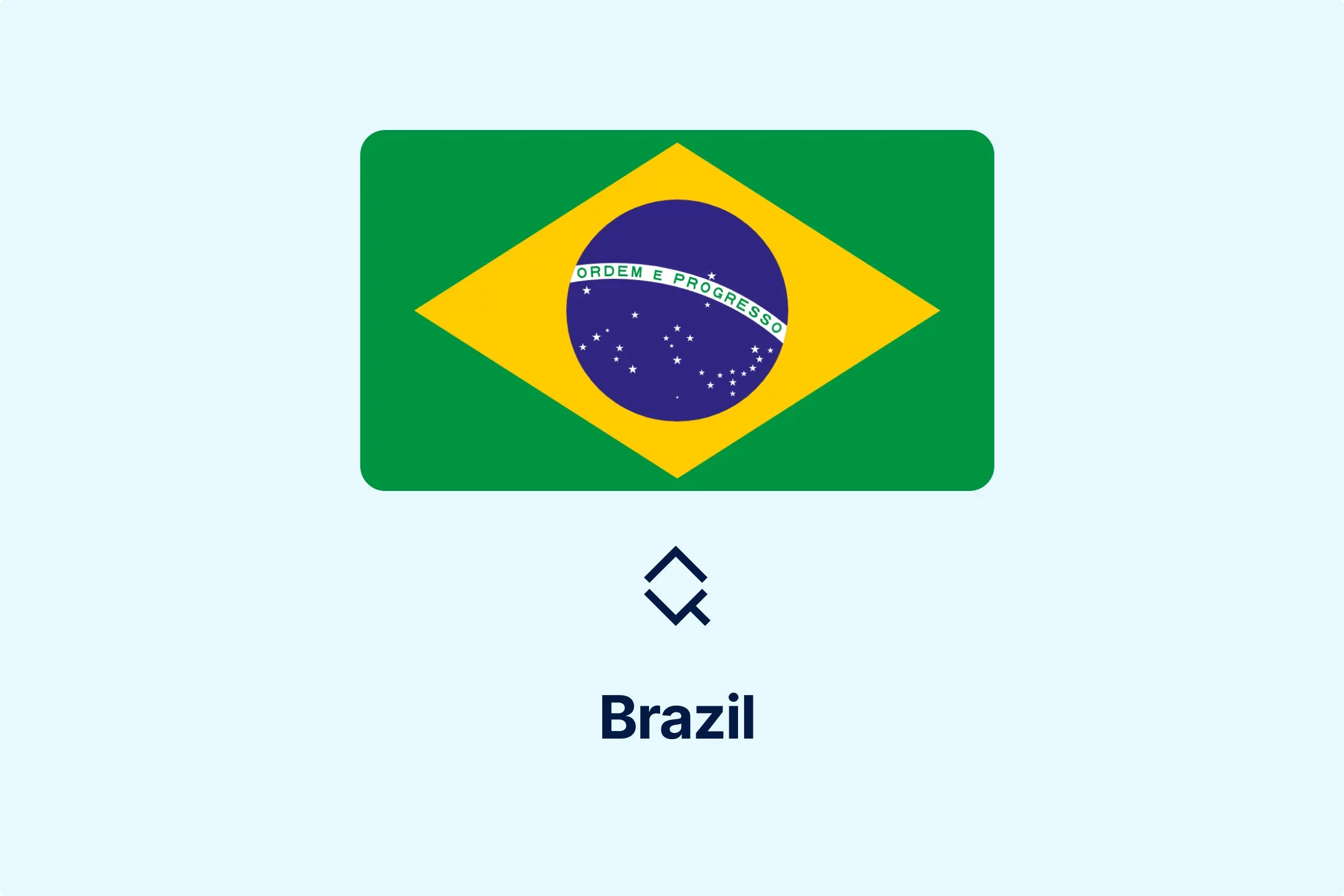


-xsarn0aogt.webp)

-hcel6azmgf.webp)



-p6e3ovhdh3.webp)


-fbovkq9h8b.webp)
-pofe7ucwz3.webp)


-d3qhimei1d.webp)




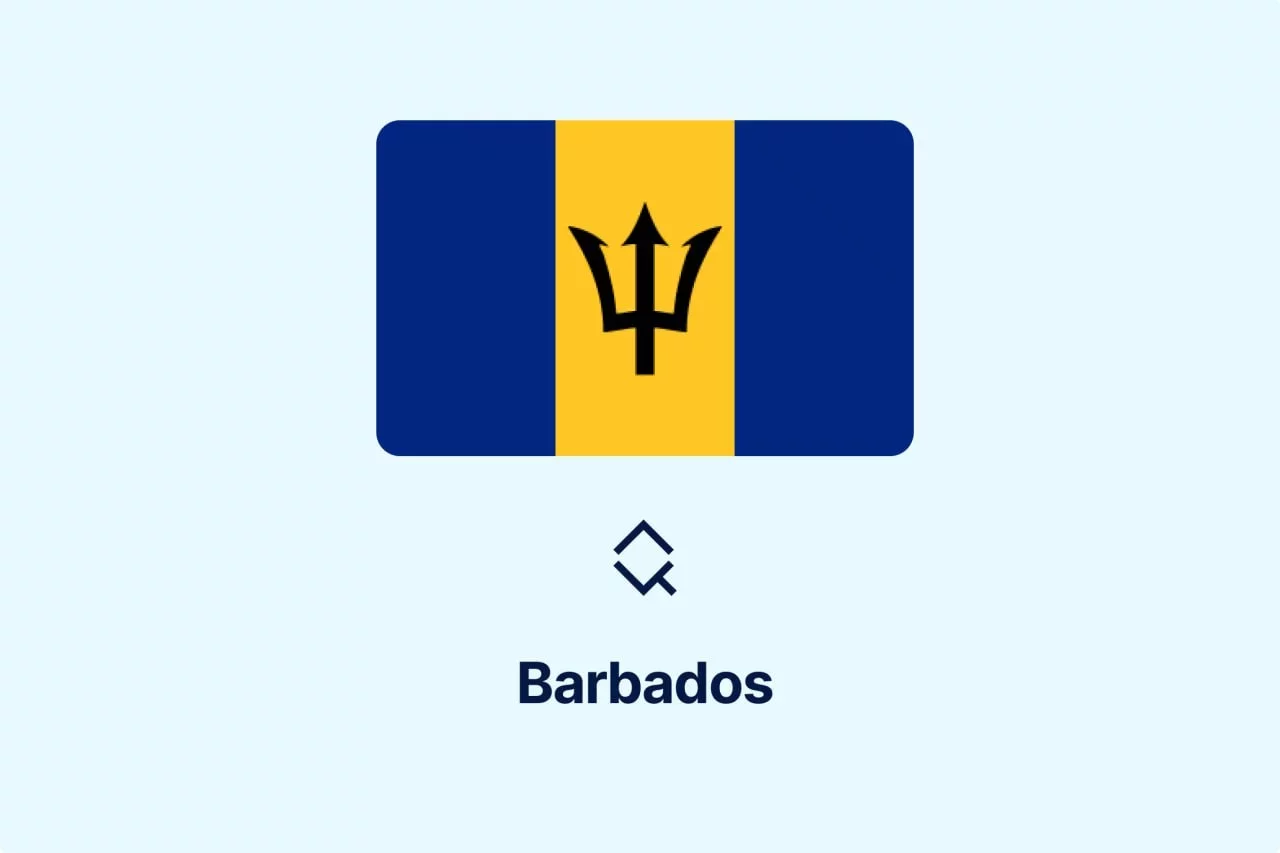

-nilkffjhah.webp)
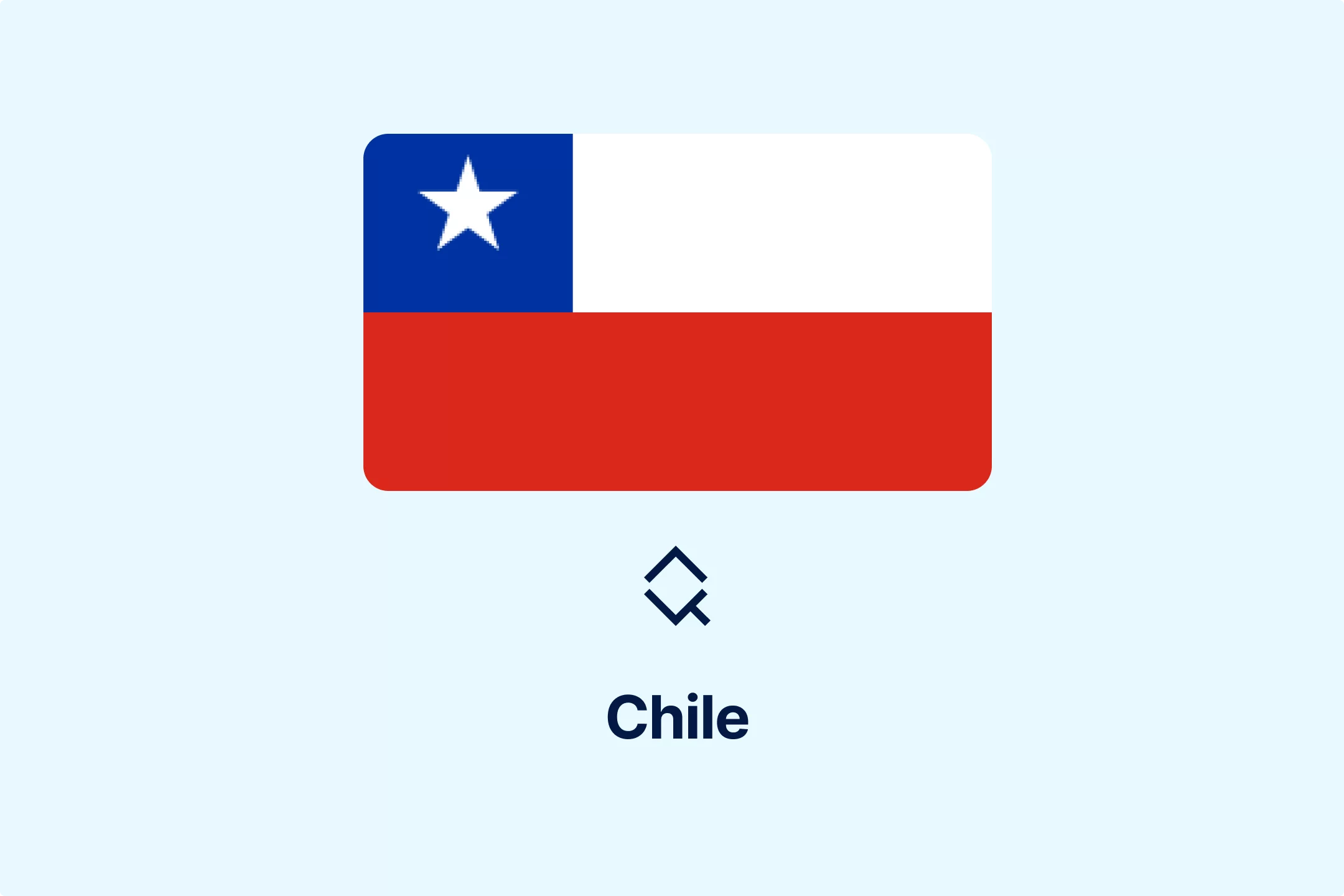












-xbhr0m4jsb.webp)


-ae6fi6cjox.webp)
















-b0fpsws1w1.webp)






















-x78wuofpzj.webp)



















-b44f1vjl1i.webp)




-priw8nq5xc.webp)
-8bkw2pujxu.webp)


.png)

.png)




.png)














































